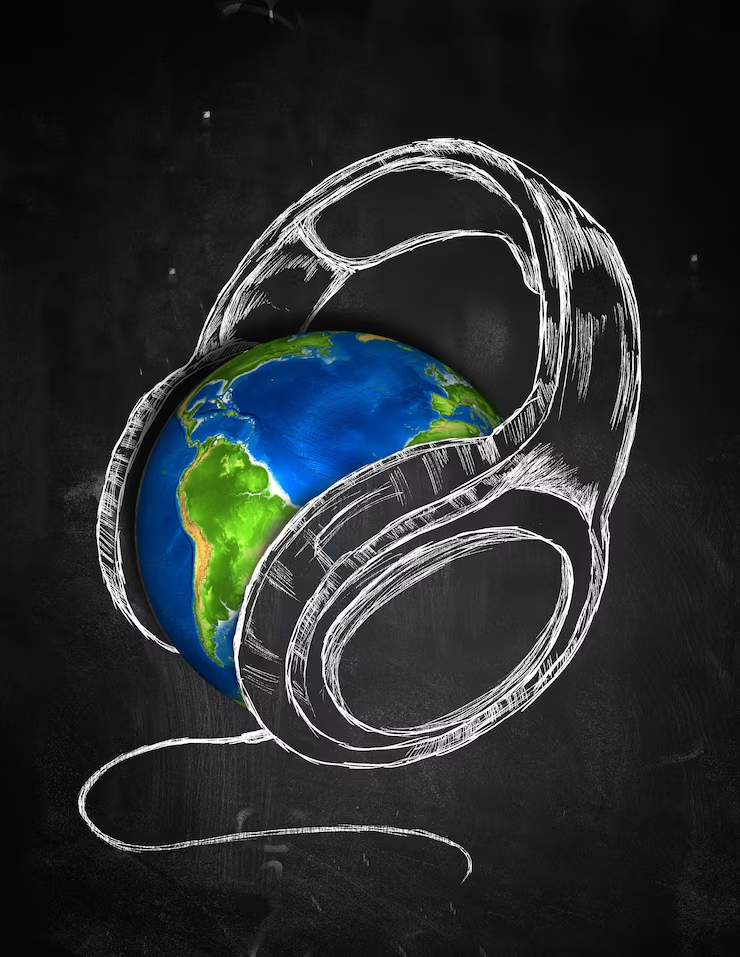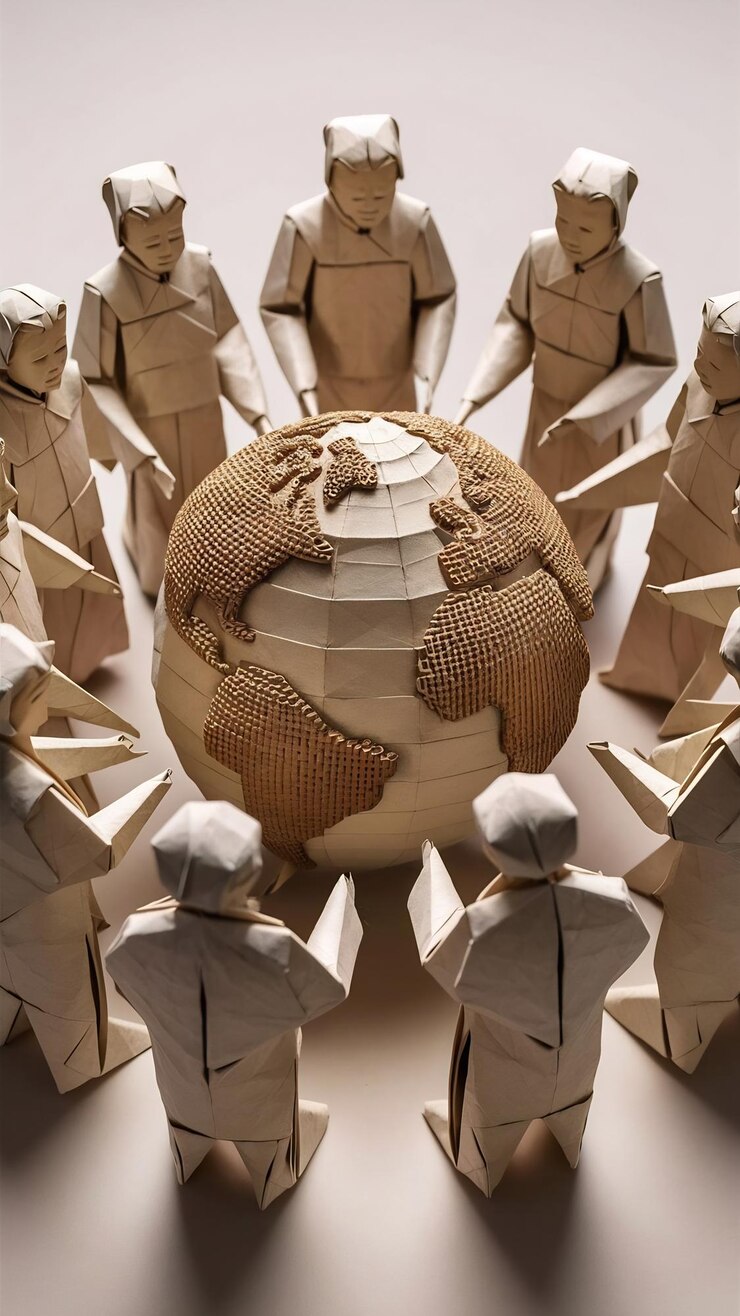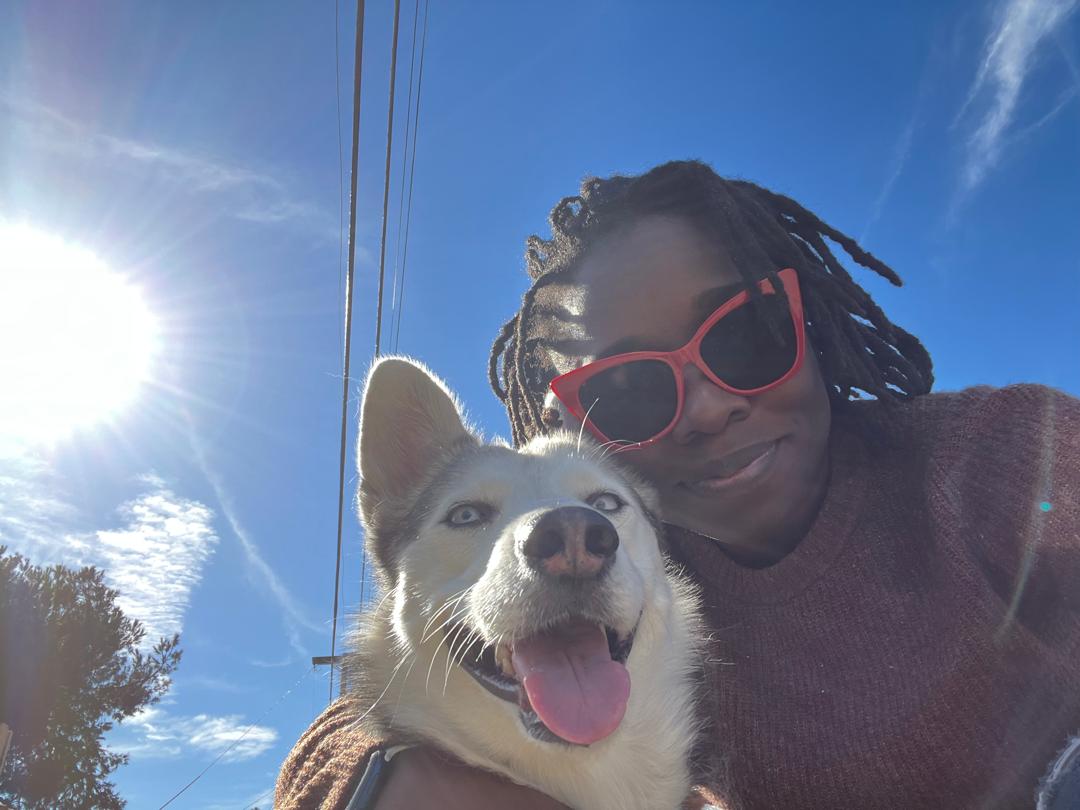Systems matter. So does the air we breathe. This is where stewardship meets strategy.

The Climate Around Us: Systems, Stewardship and Sustainability
For me, climate is not just about rising temperatures or melting ice. It is also about the mood of our world, the atmosphere in our boardrooms, and the condition of our shared home. It appears in the systems we build, the policies we support, and the everyday choices we make about how we care for people and places.
In my line of work, climate is not always the main focus, but it is always present. Every decision carries weight, and every system leaves a trace. The real question is not whether we are making an impact, but what kind of impact we are making. Are we building toward healing and restoration, or are we reinforcing patterns that no longer serve us?
As a child, I learned stewardship in quiet and practical ways. We turned off lights, reused containers, and respected what we had. It was not called sustainability then. It was simply common sense. Looking back, I see that those daily habits were early lessons in responsibility, not because it was trendy, but because it was necessary.
Today, I believe those of us working in strategy, research and technology have a responsibility to keep the bigger picture in mind. Not as a checklist to complete, but as a core principle to live by. We are not just designing tools. We are helping shape the future.
Organizational Climate: Culture is a System
People often chuckle when I say that building a home is a lot like managing a project, but I’ve found it to be true. The same tools I use to guide nonprofit teams — clarity, planning, and follow-through — are the ones I use to nurture my home. This is my first and most important organization. It is the place where values are shaped, where culture is created, and where futures quietly begin to take form.
Culture is not defined by branded posters or mission statements. It lives in the daily experience. It shows up in whose ideas are valued, whose burnout is overlooked, and who feels safe enough to speak honestly.
When I support organizations through cultural change, I begin by listening, deeply and without assumptions. Not through formal surveys, but through real conversations. I ask what people need in order to feel seen and supported. I make room for their frustrations, their hopes, and their desire for change.
As trust begins to take root, I work with them to create new rhythms that actually work. Feedback that is clear and constructive. Mentorship that crosses titles and levels. Structures that prioritize equity over performance theatre. Because culture is not something you announce. It is something you practice, every single day.


Data for Impact: Climate in the Numbers
Numbers can tell powerful stories when we listen closely. I have seen data turn vague concerns about a community garden into a case for city-wide food reform. I have watched a dashboard turn climate urgency into clear advocacy that drives action.
This is the kind of work that fuels me—data that brings clarity rather than confusion. Tools that help nonprofits connect sustainability to funding, and accountability to real impact. It is not just about measuring carbon footprints. It is about recognizing who is excluded, who is most affected, and how we can shift outcomes toward justice.
Technology has the power to support equity when it is guided by care. I have seen artificial intelligence help food banks reduce waste, detect illegal deforestation, and guide investment in underserved communities. These tools can do real good, but only if we treat data ethically and thoughtfully.
We must collect with informed consent, report with dignity, and design systems in collaboration with the people the data represents. This is how data becomes not just a tool, but a bridge.

Personal Climate: Values, Rhythm and Resilience
Protecting my inner climate is part of how I stay grounded in the work. If I am not clear within myself, I cannot lead well. Just like system design, inner clarity requires intention, reflection, and care.
My daily rhythms are simple. I seek morning light before screens. I take walks without an agenda. I journal in short, honest bursts when the words are heavy. These small practices help me stay present, especially when the world gets noisy.
There are a few mindsets I hold close. I choose curiosity instead of control. I choose grace instead of grind. These internal habits are what help me navigate intense seasons without losing myself.
To me, resilience is the ability to adapt while holding on to your essence. It is not just about making it through. It is about growing deeper in the process. I return to this idea often. We do not need perfect conditions to show up with strength. We only need to stay rooted in what truly matters.
Climate for the Future: What We Are Building
I want to help create a future where sustainability is no longer treated as a luxury, but embraced as the standard. A world where nonprofits do not have to choose between performance and purpose. A world where policy is driven not just by numbers, but by compassion and common sense.
In this future, climate strategy will be thoughtful and inclusive. It will welcome hard questions and honest answers. Who is affected? Who is included? Who is empowered to decide? These are the conversations we must have if we want to build something that lasts.
My worldview is shaped by faith and by a belief that we are stewards, not owners. The Earth is not ours to exploit. It is a trust we have been given. That belief informs everything; from the systems I design, to the teams I lead, to the way I show up in the world.My worldview is shaped by faith and by a belief that we are stewards, not owners. The Earth is not ours to exploit. It is a trust we have been given. That belief informs everything; from the systems I design, to the teams I lead, to the way I show up in the world.
Legacy is not just what we build. It is what we protect. It is what we imagine and make possible for those who come next.Legacy is not just what we build. It is what we protect. It is what we imagine and make possible for those who come next.Legacy is not just what we build. It is what we protect. It is what we imagine and make possible for those who come next.
I think…
“We do not need a perfect planet. What we need are honest systems, ethical decisions, and people who are willing to keep showing up with care, courage and clarity. That is the kind of climate I believe in—one that invites us to do better, and makes space for all of us to belong.”
